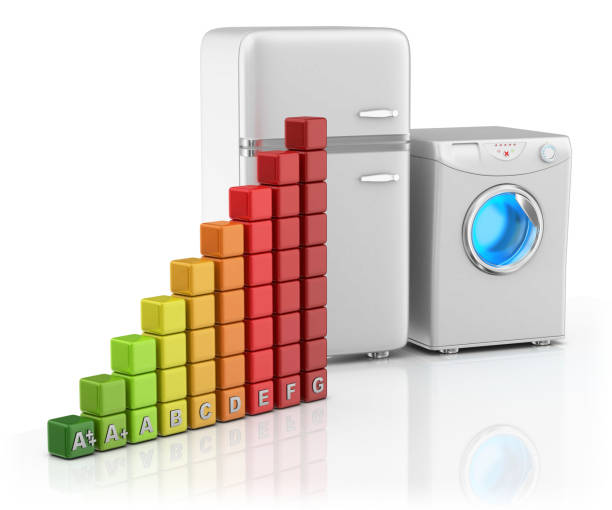
May is Energy Month, ironically this means loadshedding will inevitably ratchet up a couple of stages during Winter.
Trevor Brewer, Director of air treatment and lifestyle brand Solenco, shares three budget- and planet-friendly ways you can energise your home this winter:
- Choose solar over diesel
Keeping the lights on during loadshedding can be a costly exercise. Absa estimates that a household that spends R2 500 a month on electricity would need to spend about R190 000 to go completely off-grid with a solar system.
In comparison, a high-end diesel-powered generator capable of running most basic household appliances during bouts of loadshedding (between 7 and 12kVA) will set you back around R30 000. But generators come with many extra costs, not least of which is the price of diesel.
Running at full power, a 10kVA generator uses around 1.5 litres of diesel per hour. With diesel costing around R20/litre, running this generator for just five hours every day means you’ll need to budget for R1 000-worth of diesel every month – and you’ll also still need to pay for the electricity you use when there isn’t loadshedding.
Then there’s the environmental cost. Carbon dioxide (CO2) emissions are the main driver of global climate change, and diesel – both its production and its usage – is one of the highest contributors to global CO2 emissions.
Add in the fact that, at some point, an off-grid solar installation will begin to ‘pay for itself’ when your saving on the power bill overtakes your monthly repayment for the installation, and solar power suddenly sounds a lot more cost-friendly.
As an incentive to start looking at loadshedding sunny side up, banks are making solar power more accessible by offering tailored loans, and partnering with reputable providers and installers. There are also numerous affordable rent-to-own solar options on the market, with monthly rental costs that depend on the system size and contract duration.
- Invert energy
Benefitting from advanced technology, inverter generators throttle up and down to meet the demand for power, instead of running full tilt all the time as traditional generators do. This efficiency means you won’t have to fill up the tank as often, which is an immediate cost-saving, and it also means that inverters produce significantly lower greenhouse emissions than diesel generators. They’re also a lot quieter.
Inverter technology produces power that’s more stable than that from traditional generators, making them more suitable for sensitive electronic devices like smartphones, laptops and televisions. Power-draining appliances, like tumble dryers, may still demand more energy than an inverter can economically provide, but there are inverter-friendly options on the market.
The MeacoDry Arete® One dehumidifier and air purifier is designed to be compatible with the power output of an inverter, and a combination of factors mean that it’s up to 5.2 times cheaper to run, per load, than a tumble dryer and up to 5.9 times cheaper to run, per day, than an air conditioner – making it a great investment that’ll improve your quality of life all year round, dry your laundry and reduce your electricity bill.
- Fall back on batteries
Battery power has the potential to help enable a successful switch from fossil fuel-dependency. Thinking bigger than torches and kiddies toys, Makita (known for its power tools) has developed a battery-powered microwave oven. Along with a battery-powered kettle which is only available in Japan. For now.
Because induction – heating – pulls such heavy energy, there’s no such thing as a battery-powered stove yet either, but lifehacker.com reports that ‘battery-equipped’ stoves may be a reality. The idea is that these stoves would plug into regular 120-volt outlets, as opposed to the 240-volt outlets that conventional stoves need, and charge up their batteries, using stored power to create the heat needed to cook with.
For now, Investing in smaller battery-powered appliances where they are available, like the Hobot Legee D7 Robot Vacuum Cleaner and Mop is a savvy way to start lowering your household’s power consumption – both in and out of loadshedding – and reducing your monthly costs and carbon footprint. “Energy Month serves as a reminder to us all that while there are various solutions to finding energy sustainably, it’s important to do your research and find a solution that fits your needs, budget and lifestyle,” says Brewer.











